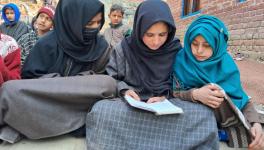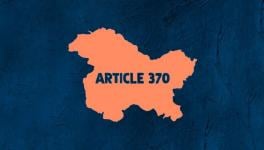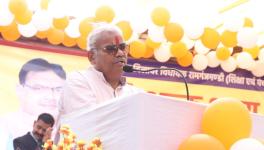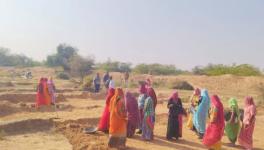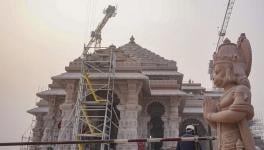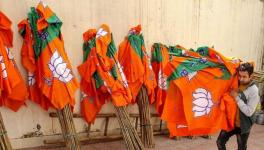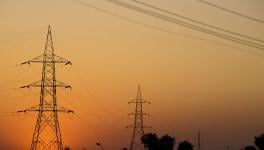Number of Internet Bans in India in 2017 Highest in the World, Yet Again
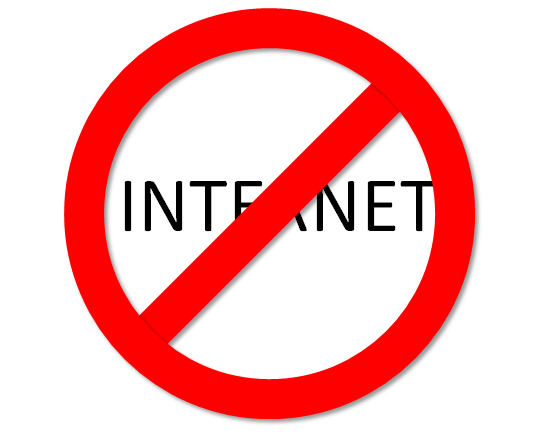
India looks set, in 2017, to retain the dubious distinction of having imposed the highest number of Internet bans in the world.
There have been a total of 55 instances of Internet being banned in different places in India this year. This number is the highest anywhere in the world. In 2016 too, India had the highest number of Internet bans by a considerable margin.
Eight internet bans were imposed in the first two weeks of September alone. The latest one was in the Sikar district of Rajasthan, where large scale farmer protests are currently taking place.
Another region of Rajasthan facing an Internet ban right now is Jaipur, where clashes occurred between the police and citizens of the city, resulting in a person being shot dead.
Prior to this, Internet was banned in the states of Haryana and Punjab during and after the sentencing of Dera Sacha Sauda chief Ram Rahim.
Darjeeling is facing one of the longest Internet bans yet.
Kashmir has seen the highest number of Internet bans in the country, with 25 bans occurring this year. The number of Internet bans this year in Kashmir is more than twice that of last year, and five times more than the number in 2015.
The rising number of Internet bans shows that the Government of India is repeatedly resorting to ban on communication services as a law and order measure. The farmers’ protests in Sikar have been completely peaceful, but the reason the local government has given for banning of Internet services is “Public Safety”.
The Office of the United Nations High Commissioner for Human Rights issued a press release in May this year, quoting two UN Special Rapporteurs who called on the Indian government to stop using Internet bans as a method of curbing unrest.
“The internet and telecommunications bans have the character of collective punishment,” said the UN Special Rapporteur on freedom of opinion and expression, David Kaye. The bans “fail to meet the standards required under international human rights law to limit freedom of expression”, he said.
The press release noted that a worrying pattern seems to be forming in the state of J&K, where internet bans are being increasingly used to curb protests and unrest.
“Denying such access disrupts the free exchange of ideas and the ability of individuals to connect with one another and associate peacefully on matters of shared concern,” said the UN Special Rapporteur on the situation of human rights defenders, Michel Forst.
Disclaimer: The views expressed here are the author's personal views, and do not necessarily represent the views of Newsclick.
Get the latest reports & analysis with people's perspective on Protests, movements & deep analytical videos, discussions of the current affairs in your Telegram app. Subscribe to NewsClick's Telegram channel & get Real-Time updates on stories, as they get published on our website.









